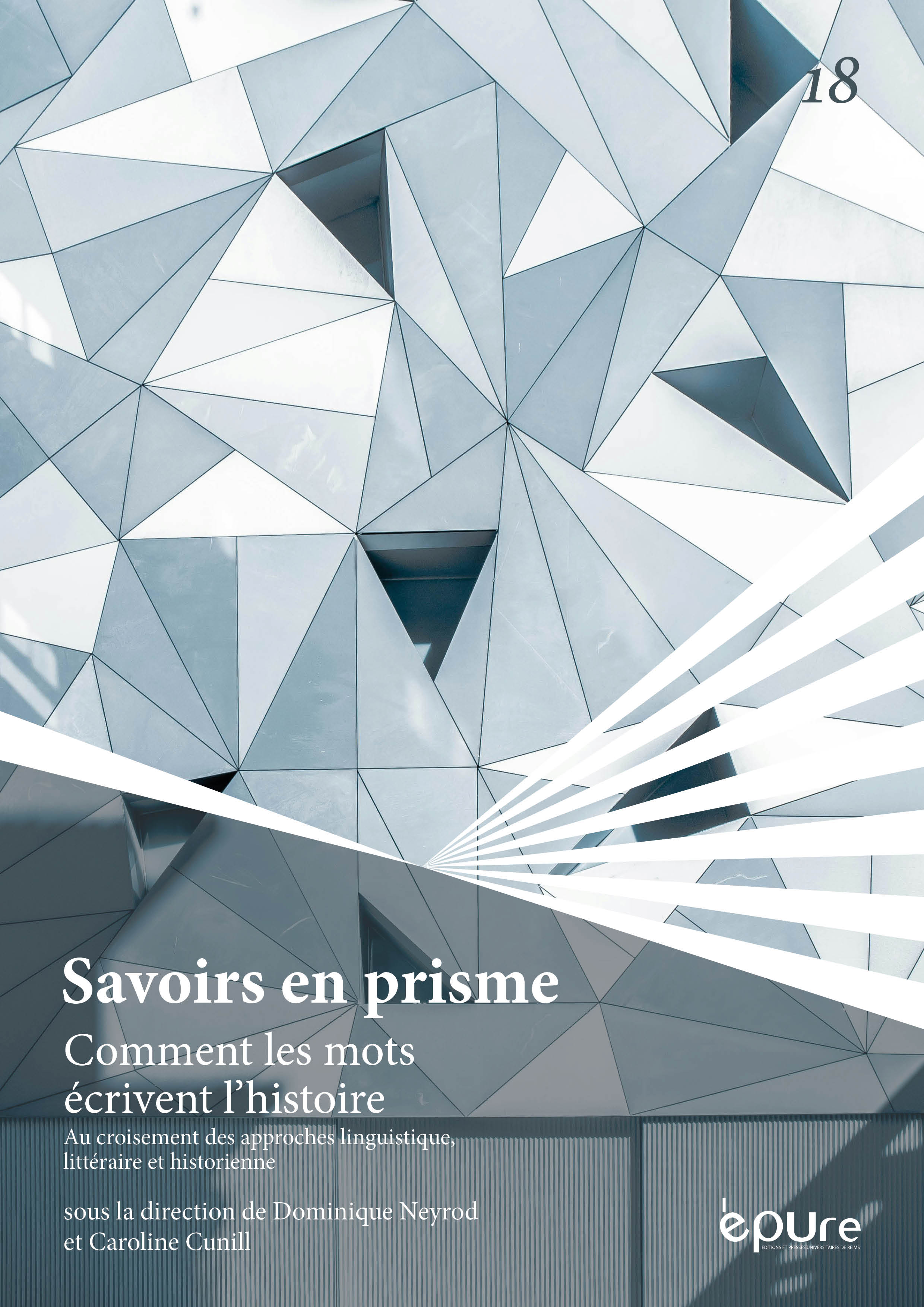A « tradition of betrayal »? The words of the novelist and of the historian in La Mujer de la Vida, Tomás Eloy Martínez’s unfinished novel
Abstract
Like translation, which is said to be a form of betrayal of the original text —the famous traduttore, traditore— stories that combine literary creation and history seem to be commonly associated with an alteration of the past events that they transcribe. Fictional writing is then seen as a mere illusion, a —too— free historical alternative, which would place it at the opposite end of the spectrum from an authentic interpretation of the past, such as might be offered by a historian. But are history and literature so viscerally and definitively antagonistic? We propose to analyse the reflections of Argentinian author and journalist Tomás Eloy Martínez on the language of the historian, which he contrasts with that of the novelist, in a little-known —because unpublished— work, La Mujer de la Vida. In this novel, he once again questions the powerful personal myth that has always agitated him: on which side of history or fiction are the traitors to our quest for certainty?
Keywords: Testimony, History and Fiction, Art and Language.
Copyright (c) 2024 Lucie Valverde

This work is licensed under a Creative Commons Attribution-NonCommercial-ShareAlike 4.0 International License.


